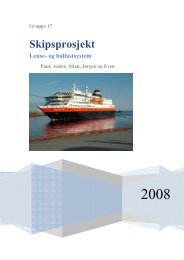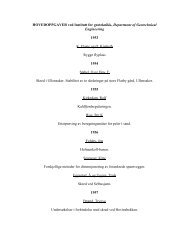Lisø PhD Dissertation Manuscript - NTNU
Lisø PhD Dissertation Manuscript - NTNU
Lisø PhD Dissertation Manuscript - NTNU
Create successful ePaper yourself
Turn your PDF publications into a flip-book with our unique Google optimized e-Paper software.
<strong>Lisø</strong>, K.R./ Building envelope performance in harsh climates: Methods for geographically dependent design<br />
reconstruction or refurbishing) and the occurrence of scrapping of buildings. Hence,<br />
future climate uncertainty can in fact increase the economic lifetime of a building.<br />
Integrated approach to risk management of climate change impacts<br />
(Paper IV)<br />
Building standards, Codes of Practice, design guidelines and operational procedures<br />
are today based on historic weather data. The existing building stock is in the next<br />
decades likely to be exposed to significantly different climatic strains than they are<br />
today, due to climate change. This work discusses the use of modern risk<br />
management theories as a basis for the development of cross-disciplinary strategies<br />
to meet the challenges of future climate change within the built environment. First,<br />
climate vulnerability and adaptation is discussed in general. Next, a point of<br />
departure for the support of decision-making aimed at reducing climate vulnerability<br />
in the built environment is suggested, using established risk management strategies<br />
and Norway as starting point. Finally, possible ways of supporting decision-making<br />
aiming at ensuring sustainable buildings are suggested, applying a flexible<br />
combination of risk-based, precautionary and discursive risk management strategies.<br />
There are large uncertainties associated with the future performance of the built<br />
environment due to changes in external climatic impact. In order to develop<br />
adaptation strategies, one must find effective ways of strengthening institutional<br />
capacity. Cross-disciplinary risk-based management strategies, together with design<br />
guidelines that accounts for both historical local climatic conditions and potential<br />
future changes, can be an important step towards a more active and dynamic way of<br />
ensuring a high-quality construction process and a sustainable built environment in<br />
the light of the unknown risks of future climate change.<br />
For large, complex building projects there is an established tradition of using risk<br />
analysis methods. This tradition has not moved from large-scale to more “trivial”<br />
building. Obviously, there are benefits to be gained from the introduction of modern<br />
risk-based management strategies within a greater extent of the construction industry.<br />
Three different strategies (risk-based, precautionary and discursive strategies) are<br />
discussed. The choice of strategy is strongly dependent on the characteristics of the<br />
risk at hand. Facing the future risks of climate change, it is suggested that a flexible<br />
approach using a combination of these strategies can help reduce potential impacts.<br />
Reducing the potential for defects or damage through the development of technical<br />
and organizational preventive measures (a risk-based management strategy) while at<br />
the same time applying the precautionary principle and discursive strategies in the<br />
design, construction and geographical localization of buildings, is likely to increase<br />
the robustness of the built environment in light of the unknown risks of climate<br />
change.<br />
For the described integrated approach to risk management of future climate change<br />
impacts to be successful, it is necessary to ensure careful co-operation along vertical<br />
decision-making lines: i.e. from government regulatory bodies via local regulatory<br />
bodies and inhabitants, research communities and company management to the<br />
craftsmen on site.<br />
15



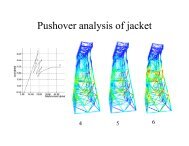

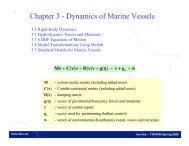


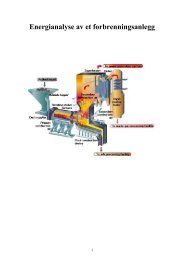
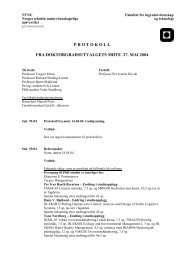
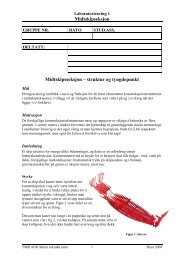
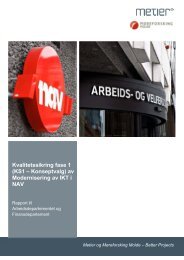
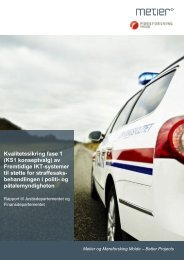
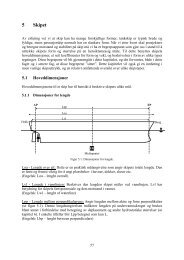
![Diagnosis and FTC by Prof. Blanke [pdf] - NTNU](https://img.yumpu.com/12483948/1/190x245/diagnosis-and-ftc-by-prof-blanke-pdf-ntnu.jpg?quality=85)
